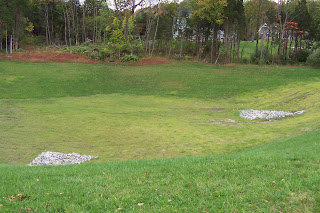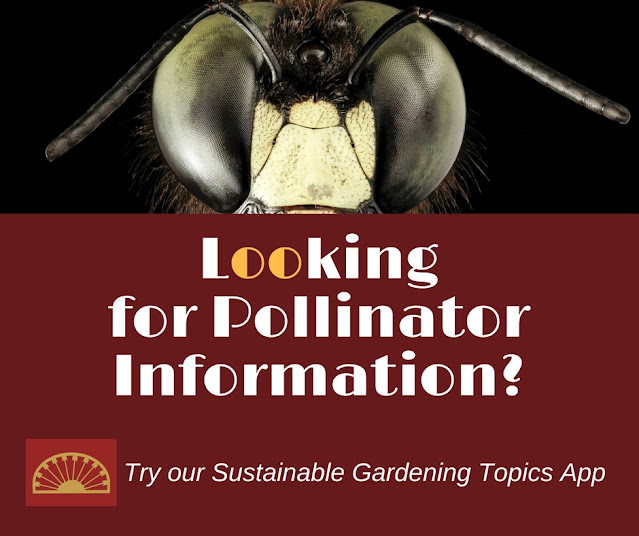Gardening as Therapy - II
 Restorative gardens, such as the one at NYU Medical Center (see previous post) may be soothing or stimulating, energizing, engaging, and produce a sense of peace, tranquility, or solace, all qualities that can help heal the spirit, as well as the bodies of hospital patients.
Restorative gardens, such as the one at NYU Medical Center (see previous post) may be soothing or stimulating, energizing, engaging, and produce a sense of peace, tranquility, or solace, all qualities that can help heal the spirit, as well as the bodies of hospital patients.In the 1980s, Dr. Roger Ulrich a Professor of Architecture at Texas A&M University and a faculty fellow of the Center for Health Systems & Design published his findings on the effects of hospital window views on recovery from surgery. Among other achievements, his research was the first to scientifically document the stress reducing and health–related benefits for hospital patients of viewing nature.
According to the American Horticultural Therapy Association, a restorative garden “employs the restorative value of nature to provide an environment conducive to mental repose, stress-reduction, emotional recovery, and the enhancement of mental and physical energy. The design of a restorative garden focuses on the psychological, physical, and social needs of the users.”
Isn’t that what we want for our own garden spaces? As you move outdoors to work in the garden this spring, start thinking beyond the typical design issues and begin to focus on how you can integrate some horticultural therapy techniques to create your own restorative garden. Is it the use of fragrant herbs such as lavender, mint, or lemon verbena to change your mood? Or do you prefer building wildlife habitat in order to reconnect with the natural environment? Do you crave a visually calm enclosed space to meditate and practice yoga? Or would you rather experience the visual stimulation of colorful flowers and garden art?
To read the AHTA’s Position Paper, which describes the various types of therapeutic gardens, the history of horticultural therapy, physical, psychological, and social benefits, and an extensive reference list, click this link: http://www.ahta.org/documents/Final_HT_Position_Paper_updated_409.pdf


